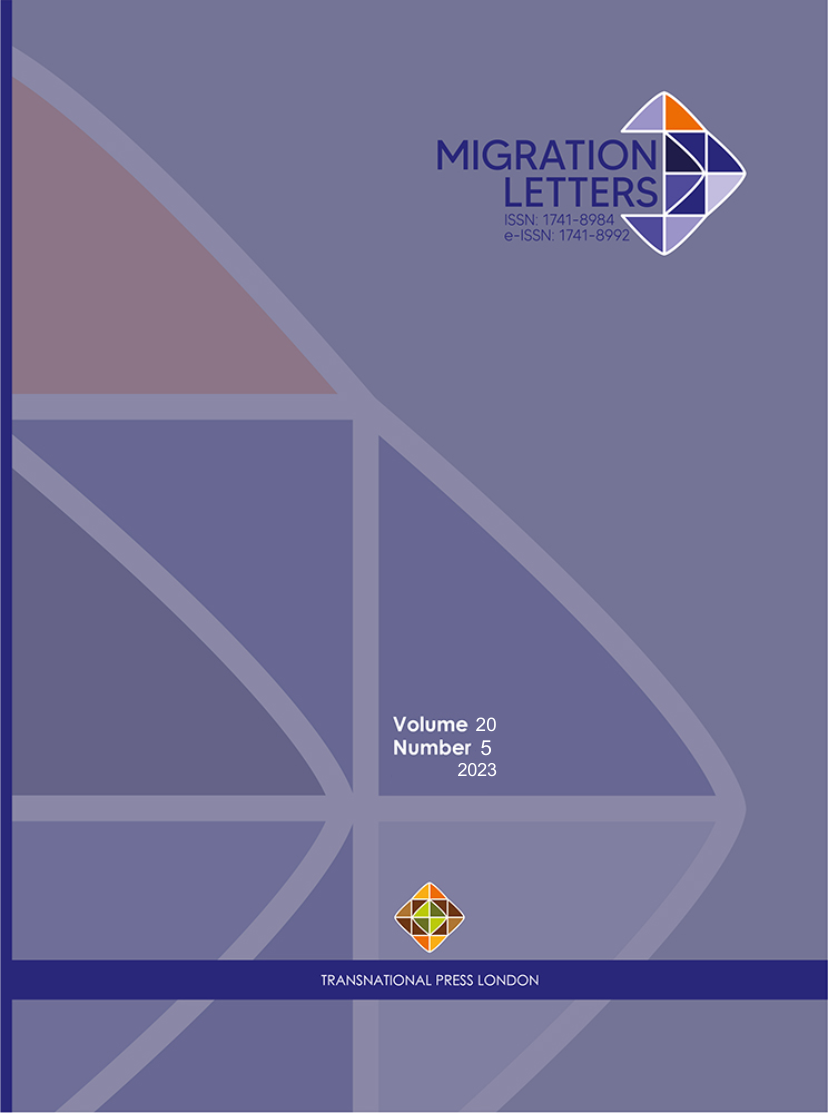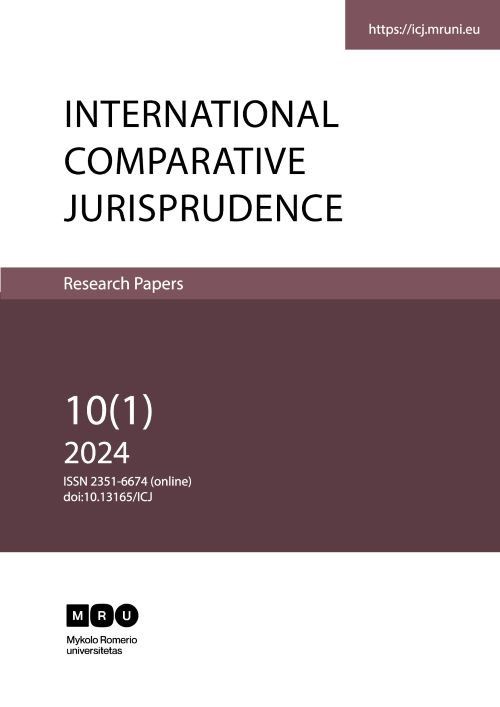New Publication
Nationality Law and Labor Migration:
A Comparative Analysis of Legal Frameworks and
Economic Outcomes in the United Arab Emirates and
United Kingdom

This paper presents a comprehensive comparative analysis of the legal structures governing nationality laws and labour migration in the UAE and the UK, shedding light on their respective economic repercussions. In examining these legal systems, the study delves into the UAE’s distinctive kafala system, which tightly binds migrant workers to their sponsors, and holds it in contrast to the UK’s point-based immigration system based on rules and regulations. Despite these differences, both nations have witnessed tangible benefits from labour migration, including increased productivity, the creation of new jobs, and economic diversification. However, this study highlights the lack of discernible correlation between changes in GDP and alterations in immigration laws within the UAE and the UK. The implications of these findings are far-reaching, underscoring the imperative for effective legal frameworks to optimise the economic gains derived from labour migration. Policymakers stand to gain valuable insights for addressing wage disparities and promoting social integration through the knowledge derived from this research, enabling them to formulate policies that maximise the benefits of labour migration while minimising its drawbacks. To fully understand the long-term effects of labour migration on economic growth, it is crucial to examine the experiences of various migrant groups and the efficacy of various policies and interventions. Informed by these examinations, policymakers can then develop legal frameworks that facilitate labour migration and contribute to sustainable economic development in the UAE and the UK.
Content not available!
Related Reports

The Role of Legal Pluralism in the Peacebuilding Process
The role of legal pluralism in the peacebuilding process has been a subject of debate from national and international perspectives. Taking the case of East Timor, the article starts with the country’s independence struggle and the challenges and prospects that followed...

Non-citizens’ Continuity of Citizenship in the Baltic States
This article offers a comprehensive view of research about complicated matters pertaining to citizenship for non-citizens in the Baltic states. By incorporating views of law, policies, societal norms, and economy, the study explores the consequences and possible...

Enhancing Employment Opportunities for Individuals with Autism Spectrum Disorder
The growing number of individuals with autism spectrum disorder (ASD) emphasizes the need for inclusive hiring procedures. This meta-analysis aims to assess the work prospects for people with ASD by determining the factors influencing these results and providing...

MANUFACTURING STATELESSNESS THROUGH EXCLUSIONARY CITIZENSHIP LAW
Citizenship is an essential aspect of nationality; it is formed by the laws of a country and influences an individual’s rights and freedoms. This article compares statelessness within the Kenyan and South African legal systems, and discusses case law...
